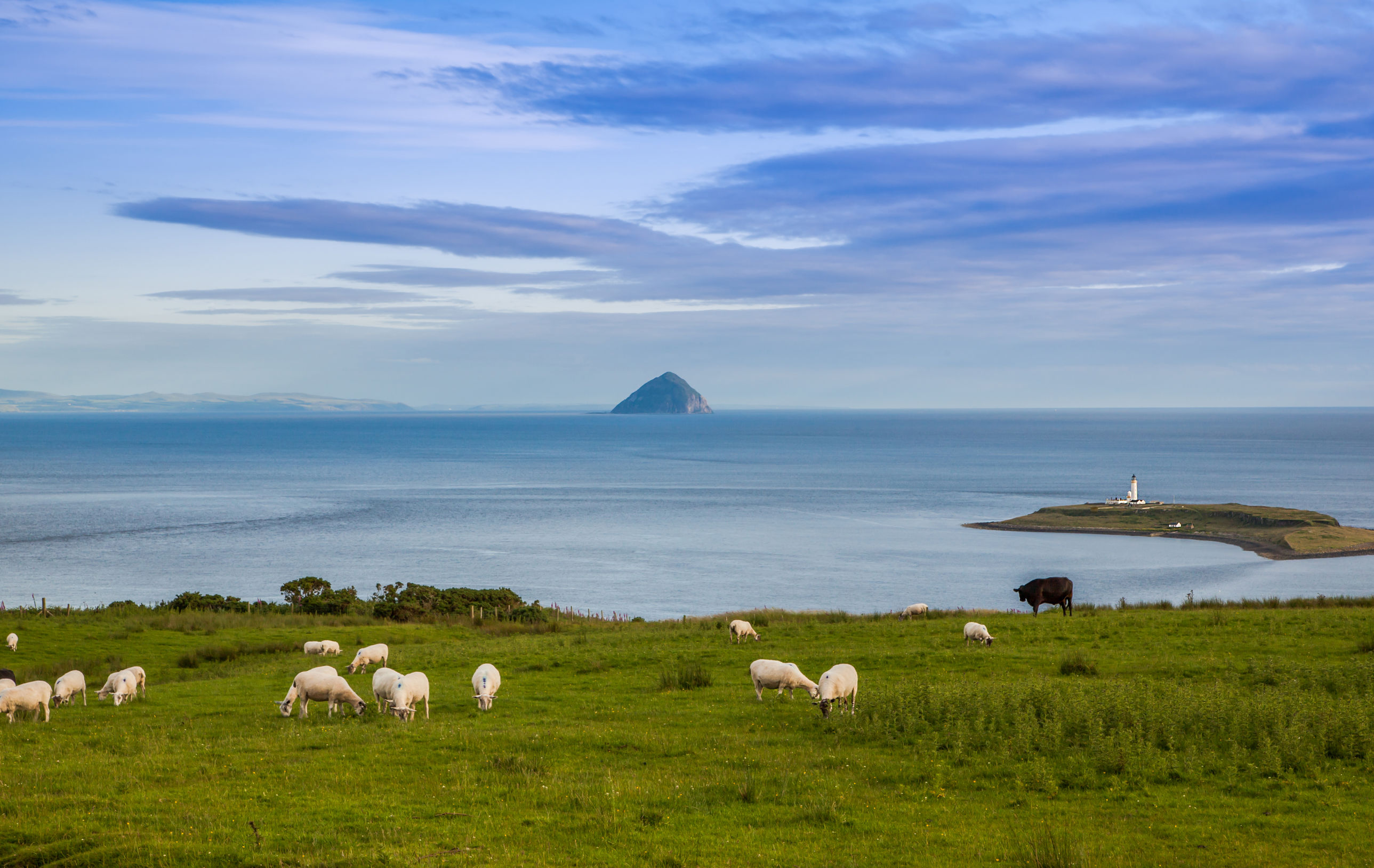
Eight in 10 farmers receiving advice from a special government pollution service have seen improvements in water quality on their land or benefited financially, a new report says.
Nearly 20,000 farms – equivalent to 34 per cent of England’s total farmland – have received advice from the Catchment Sensitive Farming service.
The partnership began in 2006 between Defra, the Environment Agency and Natural England in a drive to tackle water pollution from agriculture.
The report published today evaluates the first 12 years of the advice service, showing that participating areas have seen reductions in a number of agricultural pollutants.
Nitrogen levels are down by 4%, phosphorus levels down by 8%, and a 12.3% reduction in sediment.
Alongside improving water quality, farmers also reported seeing other benefits on their farm, such as an improved reputation after taking steps to become more environmentally friendly, or making savings on fertiliser costs by only applying the nutrients their soil actually needs.
CSF advisers have helped farmers across the country implement more than 75,000 actions to reduce water pollution on their land.
This ranges from changing the way they apply pesticides to building new infrastructure to preventing pollutants from reaching waterways.
Natural England chair Tony Juniper said: “If we are to conserve and improve the many beautiful rivers that are so iconic of England’s wonderful landscapes, then farmers must play essential roles in making it happen.
“Agriculture remains one of the main sources of poor water quality and that’s why it is so important that we see positive change toward better farming practices.”
